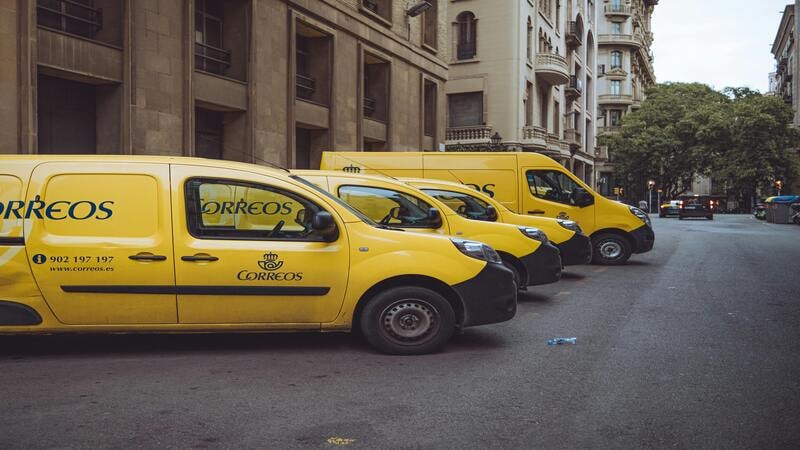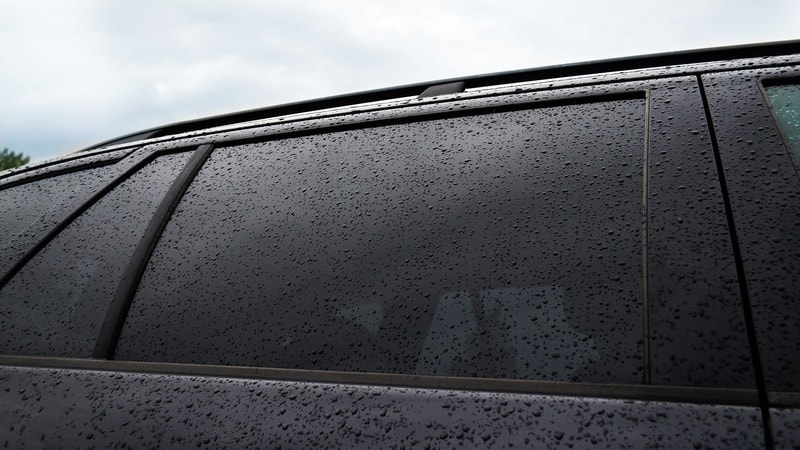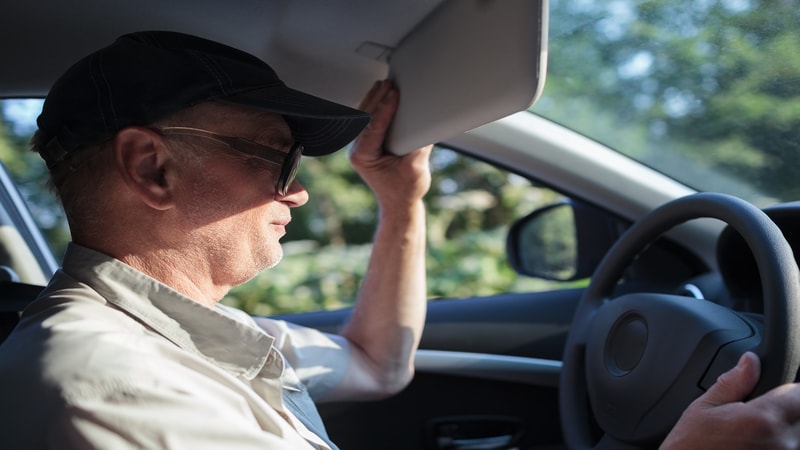Beyond privacy, window film blocks heat, stops UV damage, and enhances safety, projecting a professional image. Read on to discover which film works best for commercial vehicles and unlock its full benefits. Ready to upgrade the comfort and style? Let’s explore now!
What is Window Film for Commercial Vehicles?
Commercial vehicle window film is also known as tint. It is a thin, multilayered polyester or ceramic material. It is applied for heat and sun glare reduction, UV protection, safety, and energy efficiency.

In commercial vehicles, it is used to enhance the comfort and safety of drivers and passengers alike. It also protects the cargo and interior of the fleet from UV rays and prying eyes. Different types of window films used for commercial needs include:
- UV Protection Films: These films block out harmful UV rays, which can cause interior fading and driver’s discomfort.
- Privacy Tints: Reduce the inner visibility of the vehicle to safeguard the valuable equipment and products.
- Heat Reducing Films: These films reduce the heat buildup inside the vehicle. In this way, it helps to reduce air conditioning costs and improve fuel efficiency.
Types of Window Films for Commercial Use

Window films keep the fleet efficient and comfortable. When selecting window tints for commercial use, knowing the types is essential for the best use.
1. Safety and Security Window Films

The main purpose of these films is to enhance the security and safety of the vehicle. These types of films strengthen vehicle windows to make them resistant to break-ins and impact damage. These films are ideal for high-value cargo transport.
2. UV-Blocking Window Films
UV rays can fade the interior of the vehicles and cause health risks for drivers. UV-blocking window films reduce 99% of harmful rays to protect the interior and drivers’ health.
3. Privacy Window Tints

Privacy window film limits the inner visibility of the vehicle. It is suitable for businesses that require discretion to transport sensitive goods and VIP passengers. It also enhances security by preventing outsiders from seeing the valuable equipment inside.
4. Ceramic Window Films
Ceramic window films are the most advanced option for heat rejection, glare reduction, and UV protection for vehicles. They reject 99.9% of UV rays and improve fuel efficiency by reducing the need for air conditioning in warm climates.

5. Paint Protection Films
Paint protection film is not a traditional window film. It protects the vehicle paint from scratches, debris, rock chips, and environmental damage. It helps to maintain the vehicle’s appearance and extend its life.
Benefits of Window Film for Commercial Vehicles
The primary purpose of window films is to enhance the comfort, safety, and security of the drivers and the vehicles. There are several other ways you can benefit from tinted windows:
Protection Against UV Rays and Sun Damage
One of the most important benefits of window film is the protection from UV rays. Window films work as sunscreen for vehicles and reduce fading of the vehicle’s interior, dashboard cracking, and wear. By blocking UV rays, window films protect the interior and save long-term maintenance costs.

Improve Driver and Passengers’ Comfort
Sun glare and heat make driving difficult, especially in hot weather. Window films block and absorb sun glare and heat to create a comfortable driving environment.
Improve Security and Privacy
Different types of window tint limit visibility into the vehicle to deter theft and keep valuable equipment out of sight. Moreover, security films make the window glass durable and prevent it from shattering in case of an accident.

Lower Fuel Costs and Improve Energy Efficiency
The reduction in the heat buildup also lowers fuel consumption and less reliance on air conditioning. 30% window tints look quiet, but it block 70 percent light. It helps fleet managers to manage operational expenses.
Improved Fleet Aesthetics and Brand Image

Window films give a uniform and professional look and enhance brand recognition. Sleek window tints give a polished appearance to vehicles, which leave a lasting good impression on customers and clients.
Why Fleet Managers Should Choose Window Film
As a fleet manager, providing comfort and safety to drivers, passengers, and equipment is the first priority. The investment in window films can provide significant advantages such as:
- Long-term cost savings: On average, over its lifespan, the window tint cost is relatively low. And it reduces interior wear and tear, resulting in fewer maintenance expenses.
- Drivers and Passengers’ Safety: Windshield protection film can enhance visibility by reducing glare. The glare reduction and shatterproof properties contribute to a safer driving experience.
- Professional Appearance: A well-maintained fleet improves the company’s reputation. It also instills confidence in customers.

How to Choose the Right Window Film for Your Commercial Vehicles
To select window films for commercial vehicles, several factors should be considered. Here are some other facts that help you make informed choices:
1. Determine Your Primary Requirement
Before selecting window films, determine your goal. For example, UV-protection films are good if your company operates in high weather.
Whether for heat rejection, security, privacy, or UV protection, defining your goal helps you narrow down options.

2. Consider Local Regulations
Some regions have restrictions on window tinting percentage for commercial vehicles. Follow the vehicle regulations and local tinting laws to choose a legal tint percentage.
3. Access Budget and Quality
The selection of window films depends on your budget. Cost-effective options such as standard dyed or UV films exist, but investing in high-quality ceramic or carbon window films offers long-term benefits.
Compare Different Film Types
Choosing the right window film depends on the operational needs. Compare the key benefits of each film:
Privacy Film: To reduce visibility and enhance security and confidentiality, consider this film.
UV Blocking Films: For protecting harmful UV rays, preventing interior fading, and providing driver comfort this film can be considered.

Safety Films: If your fleet of vehicles is used for sensitive equipment or passenger transportation, safety films reinforce windows to prevent shattering and add an extra layer of security.
By comparing these options, you can choose the film that best suits your commercial vehicles.
Window Film Installation – What You Need to Know
To maximize the benefits proper installation of window films is crucial. Some facts must be considered.
Professional vs. DIY Installation
Professional installation is applied with precision. It ensures longevity and compliance with local laws. On the other hand, DIY installation is somehow affordable, but the final look is not good. It results in air bubbles, improper adhesion, and reduced effectiveness.

Find a Reliable Installer
When selecting a window tinting service, look for the following:
- A window tinting company with experience in commercial fleet window film installation.
- A company with positive customer reviews and case studies.
- Prefer an installation provider which offers warranty options and post-installation support.
Cost and Installation Time
Window tinting cost varies by type, vehicle size, and labor. Expect to pay between $100-$600 per vehicle, with installation, which can take a few hours per unit.

FAQs
Q1. Are there legal restrictions on window tinting in commercial vehicles?
Yes, legal restrictions on window tinting in commercial and fleet vehicles exist, which vary by region. You can check local tinting laws to find the legal percentages.
Q2. How long does window film last?
Typically, standard window film lasts for 5-10 years, and high-quality window films last for 10-20 years or longer if they get proper care.
Q3. Is window film maintenance required?
Yes, to maintain its functionality and appearance, some cleaning tips are required. Regularly clean window films with non-abrasive solutions using a soft cloth and avoid harsh chemicals that can degrade the film.
Conclusion
Your investment in high-quality window films is a smart decision to enhance safety, comfort, and efficiency. Whether you need to prevent interior damage, enhance safety and privacy, the right choice can significantly improve your fleet’s performance and longevity.
The right film selection will reduce vehicle maintenance costs, improve driver satisfaction, and convey a professional brand image. For long-term durability, choose high-quality window tint films from a trusted manufacturer.
Upgrade Your Fleet’s Protection & Brand Images With Carlike!
Carlike Films‘ window tint films are made from high-quality materials, providing superior UV protection, heat rejection, and enhanced privacy. They are durable, easy to install, and available in various tint levels to meet diverse needs.
Get a free, personalized consultation today and discover why leading fleets choose CarLike!



